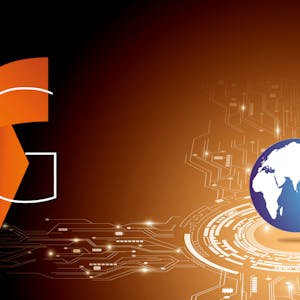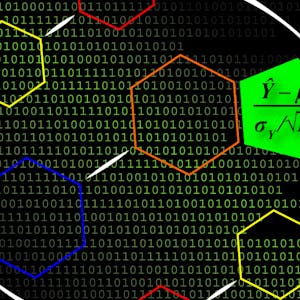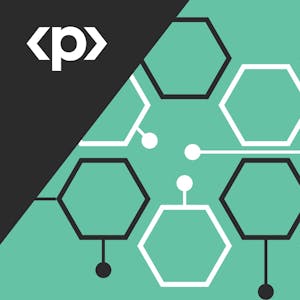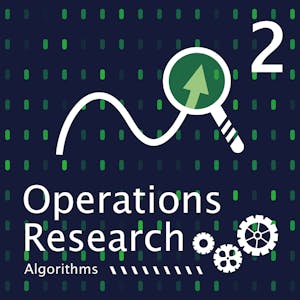Geographical Information Systems - Part 2
About this Course
This course is the second part of a course dedicated to the theoretical and practical bases of Geographic Information Systems (GIS). It offers an introduction to GIS that does not require prior computer skills. It gives the opportunity to quickly acquire the basics that allow you to create spatial databases and produce geographic maps. This is a practical course that relies on the use of free Open Source software (QGIS, Geoda). In the first part of the course (Geographical Information Systems - Part 1), you explored the basics of land digitization and geodata storage. In particular, you learned how to: - Characterize spatial objects and phenomena (spatial modeling) from the point of view of their positioning in space (coordinate systems and projections, spatial relationships) and according to their intrinsic nature (object or vector mode vs. image or raster mode); - Use various data acquisition methods (direct measurement, georeferencing of images, digitization, existing data source, etc.); - Use various geodata storage methods (simple files and relational databases); - Use data modeling tools to describe and implement a database; - Create queries in a query language and data manipulation. The second part of the course deals with spatial analysis methods and georeferenced information representation techniques. In particular, you will learn how to: - Analyze the spatial properties of discrete variables, for example by quantifying spatial autocorrelation; - Work with continuous variables (sampling, interpolation and construction of isolines) - Use digital elevation models (DEMs) and their derivatives (slope, orientation, etc.); - Use geodata superposition techniques; - Produce cartographic documents according to the rules of the semiology of graphics; - Explore other forms of spatial representation (interactive cartography on the internet, 3D representations, and augmented reality). The page provides an interactive forum for participants in this course.Created by: École Polytechnique Fédérale de Lausanne

Related Online Courses
In this specialization, you will experience what it is to go from idea to code. These courses are specifically created for the manager, designer, or entrepreneur who is an active, hands-on... more
An introduction to the statistics behind the most popular genomic data science projects. This is the sixth course in the Genomic Big Data Science Specialization from Johns Hopkins... more
This course offers an in-depth exploration of advanced framework development and integration for automation testing professionals. Starting with the Pytest framework, you\'ll learn its advantages,... more
Operations Research (OR) is a field in which people use mathematical and engineering methods to study optimization problems in Business and Management, Economics, Computer Science, Civil... more
This course equips machine learning practitioners with the essential tools, techniques, and best practices for evaluating both generative and predictive AI models. Model evaluation is a critical... more








